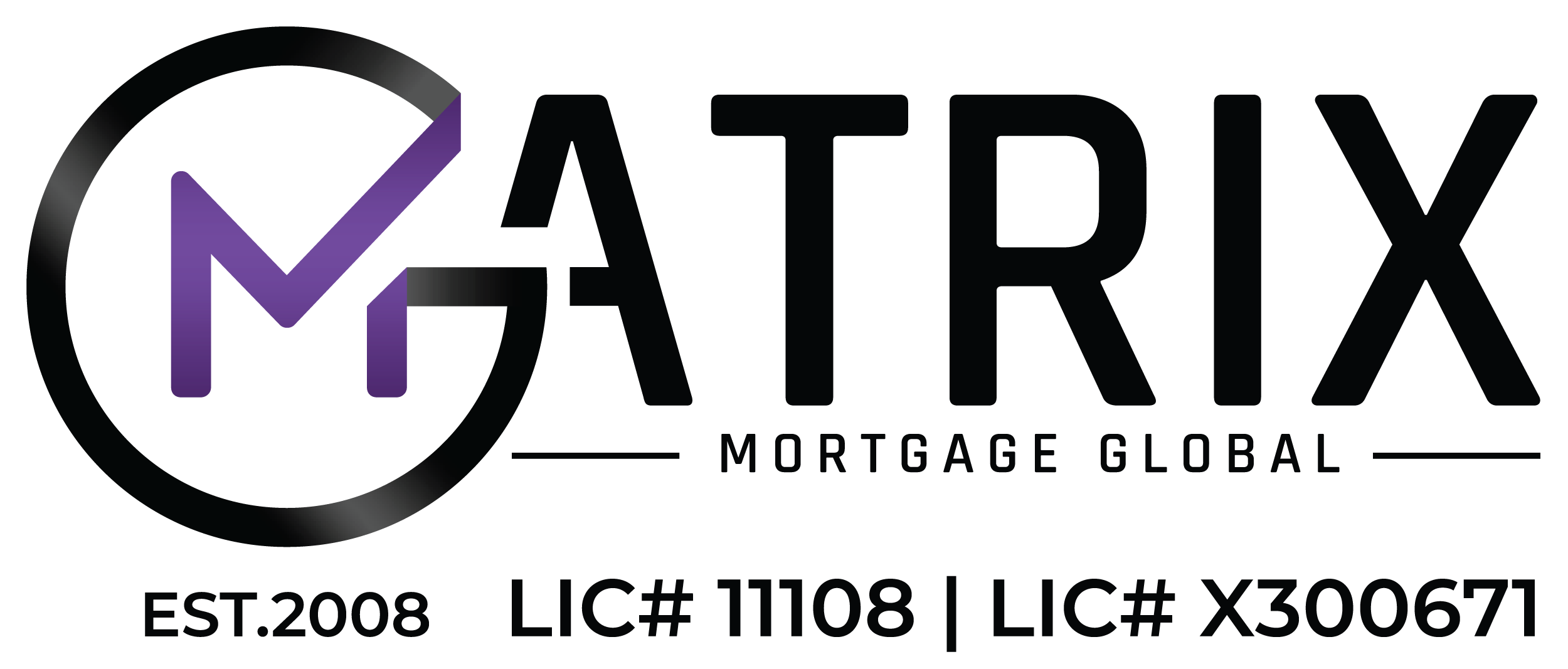
Four Tips to Qualify for a Home Purchase in 2021
Are you looking forward to beginning your home-owning dream? Is 2021 the year for you? Before you begin looking at houses, you may need to consider a few things. It is a good idea to make sure your finances are good and in order.
You may find a house you like, but it’s your finances that will tell you if you can afford it and a mortgage. Here are a few tips to help you qualify for a home purchase in 2021.
What do you Need to Start?
Before you even start applying for a mortgage, you will need to make sure you have all the needed documents. If you don’t have the proper documentation, your application could be delayed or the process stopped. Your mortgage lender will have a checklist of all the needed documents for a loan application.
A Pre-Approval will require all documentation to be ready and fully completed before starting. Pre-approvals are lender-approved “preliminary approval” that is based on income, debt, assets, and employment. Pay stubs, tax returns, statements, and employment verification are all used to verify the information.
Some sellers and realtors won’t deal with a person who isn’t pre-approved, especially in a competitive market. You may be asked for additional documents throughout the process. This is normal, and the sooner you provide the needed information, the faster the approval can be done.
Four Tips to Qualify for a Home Purchase
- Down payment and Affordable Rates: You will want a sufficient down payment to put down on the home you are looking at. If you can’t provide an adequate down payment, you may lose the chance to get the home you want. Requirements have tightened in the past few years, and it seems to encourage people to have some money saved up for a down payment before they start looking. Over the years of having a mortgage, you will probably pay several thousands of dollars. It is important to find the mortgage with the lowest interest rate since it will save you money. To find the most affordable rate, you will need to look around and find the lender who can get you a competitive rate. You may already have that lender, or you may have to shop. Don’t shrink away from banks, credit unions, or even community banks.
- Debt to Income Ratio: Debt to Income Ratio, or DTI, is a fixed expense. It helps a homeowner be realistic with their funds and what is affordable. It is just another component to qualify for a mortgage. To discover this ratio, you need to add up all your debt payments and divide that number by your gross monthly income. This is another thing banks use to see if you can afford a home. You don’t want your total debt, plus mortgage payment and other payments to exceed a certain amount of your income. The lender will look to see if you are spending less than 50% of your gross monthly income. Sometimes a bank will say you can afford something, but you might now be able to due to family care issues, child costs, big families, or looking after your parents. Expenses like phone, utilities, or cable bills are not included in the Debt to Income Ratio.
- Credit Score: Credit is one, if not the, most important thing to consider when going to get a mortgage. You may not be aware of how serious credit is and how it impacts your mortgage qualifying, but it is extremely important. Lenders will take time to analyze credit history and make a profile on how reliable you are with payments. Banks and other lenders look at if you pay back your credit cards and other loans on time and in full.
Because maxed-out credit cards, late bill payments, and other debts can cause problems for those looking to buy a home, you need to have a good credit score. Even having no credit score at all can create a financial issue and won’t allow you to get a mortgage. When banks look at your credit score, they are seeing how able you are to pay your bills and how much debt you have overall. Usually, credit scores range from 350 to 850. A good score is 740 and above. The higher the score, the better the interest rate will be. It can be hard for lenders to deal with someone with a credit score below 640, although there are some who have options for those with credit scores around 500. Your Credit Score plays a big part in your qualifying for a mortgage and what your interest rate will be like.
- Closing Costs: Closing costs are the expenses that buyers and sellers have when they finalize buying a home, not including the property. It is a good idea to be able to afford the closing costs of a home. There are fees with a mortgage, so always talk to your mortgage lender so you know what to expect. Closing costs vary from place to place, so you need to be ready. Your lender can help you by giving you an estimate of the fees you will get from each type of loan.
Other Things to Keep In Mind
If you have liquid assets the lender may want to know about those. Lenders want to make sure the amount disclosed for the down payment is accessible in a chequing or savings account. You may be required to have a cash reserve, although this is more common when buying a second home or getting a property investment. Having equity can help when the housing market is down, as you may need additional funds to make up for differences when selling a home.
Don’t let the challenges of getting a mortgage and buying a home in 2021, make you worry about buying a home. With your helpful mortgage broker, you will be able to handle the process with ease. Enjoy the journey and take the first step to get a mortgage and buying a home.

